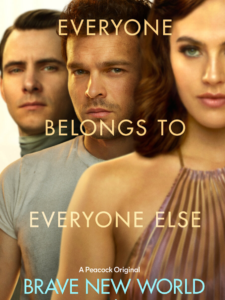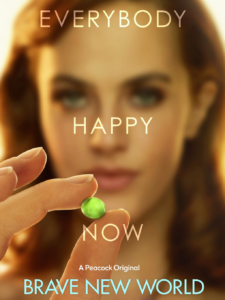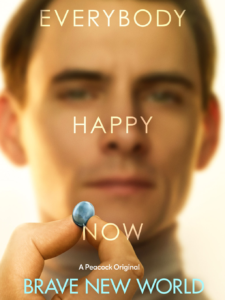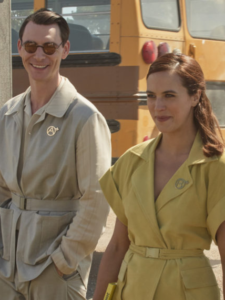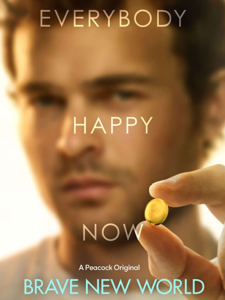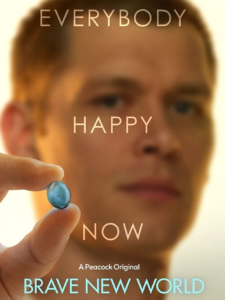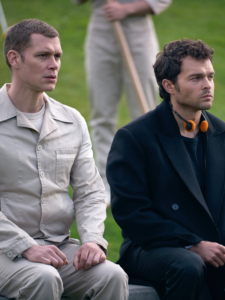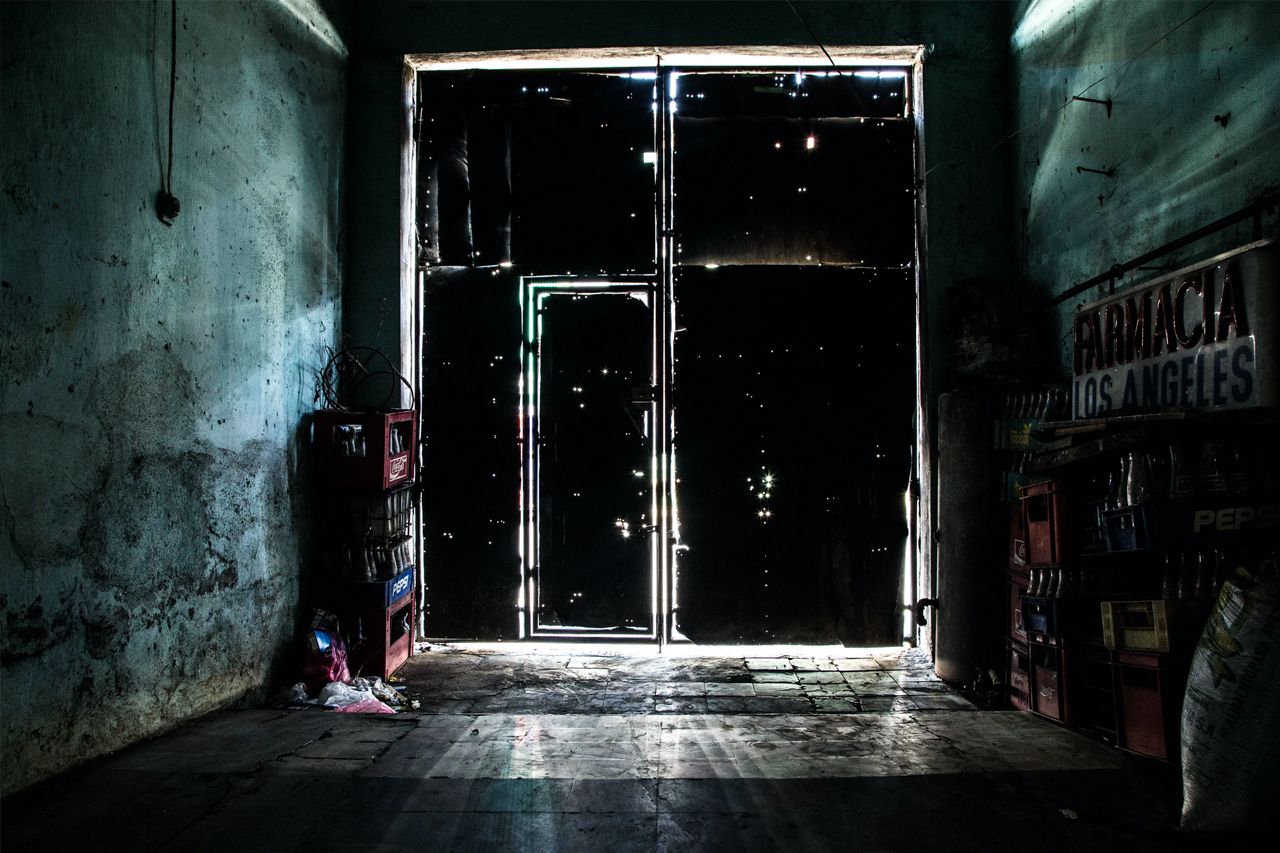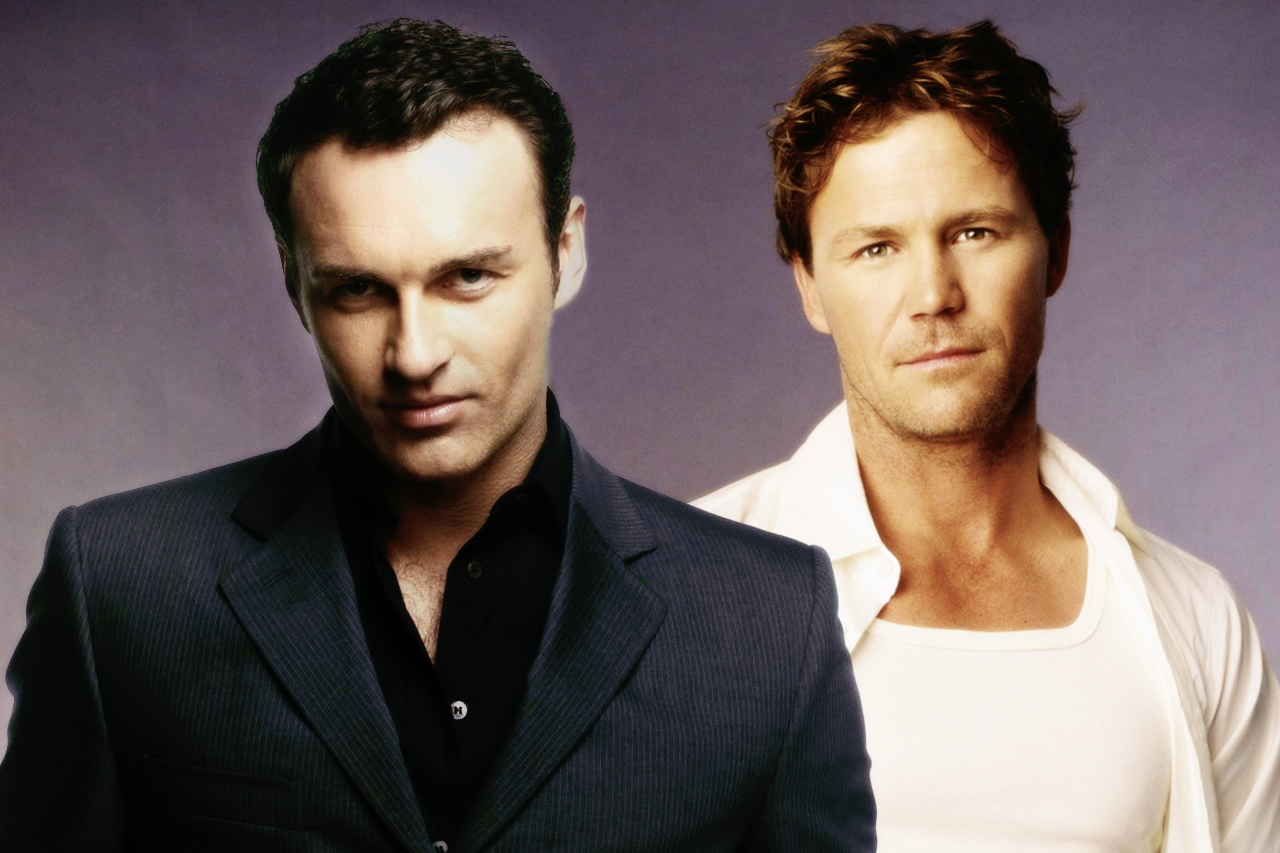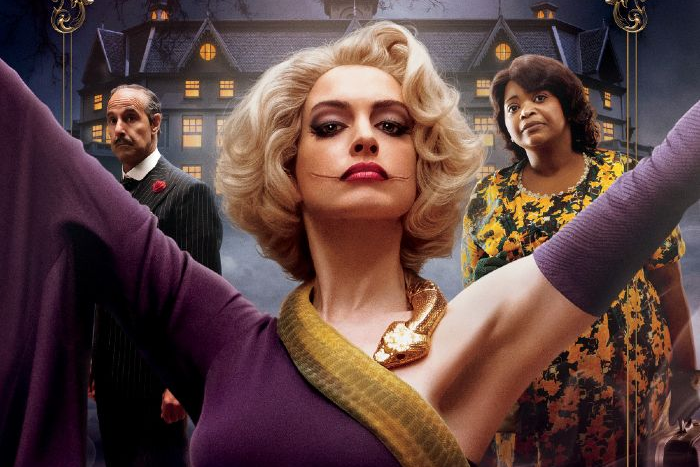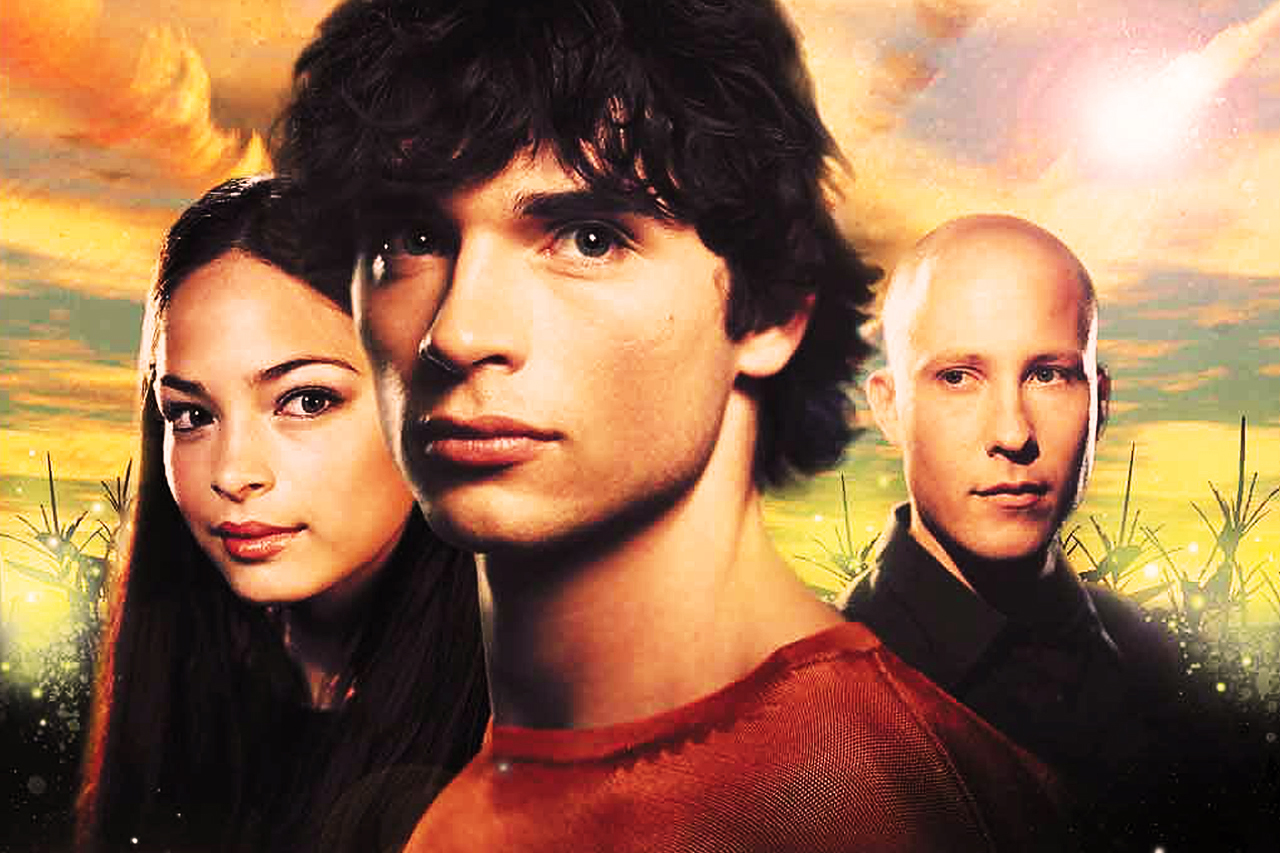Brave New World, spectacular television adaptation or a story that leaves you wanting?
This article may contain spoilers.
Synopsis
Brave New World is a new TV show from Peacock adapted from the book of the same title by Aldous Huxley. It talks about a utopic society that has reached stability through the banning of monogamy, privacy, money, family, and history itself. When two citizens of New London – the main setting of the show -, Bernard and Lenina leave for a vacation on the Savage Lands, they will find themselves entrenched in a violent rebellion. They will be saved by John, who will flee with them to New London. His arrival, however, will compromise the order and harmony of the city, leaving Bernard and Lenina to deal with the repercussions.
Disclaimer
First of all, I would like to let you all know that I have never read the book this story has been adapted from and that will certainly influence the content of this article. Yes, I know. But Chiara, how could you not have read one of the most important books of the sci-fi genre?
To be completely honest, there are enough books in the world that no single person will ever be able to read them all in their lifetime and it is for this reason that at some point a person has to make a choice. In my case, this choice has never been Brave New World.
That isn’t to say that I don’t think this book deserves to be read, quite the opposite. I have no doubt that it is a valuable literary work and that is, in fact, why I want to clarify that the following review is exclusively an opinion on the TV show.
On that note, let’s begin.
A perfect society
The basic concept of the show, a society controlled in every facet by a technological entity that monitors every step and behaviour of its citizens, is definitely on the nose for the contemporary and it couldn’t come at a better time. In a world where everyone belongs to everyone else and the system only works if everyone stays in their place – and is happy to be there – privacy and autonomy of the person are antiquated concepts, and the only way to ensure that this huge machine doesn’t break is “curing” unhappiness.
The characters
The main players of the series are four, although some of the supporting cast have essential roles while still remaining disposable.
The first person we meet is Lenina (played by Jessica Brown Findlay), a Beta – in this universe, people are sorted in a hierarchy where everyone is marked by Greek letters in order of importance – who is trying to suppress any unhappiness she might feel with the role she’s been assigned. She’s the one who introduces us to another key character of the story, the Alpha Bernard (played by Game of Thrones‘ Viserys, Harry Lloyd), who has a secret interest in her and who singles her out when he realises that Lenina hasn’t been playing her role perfectly.
When Bernard invites Lenina to join him on vacation in the Savage Lands where people still live governed by ancient concepts like monogamy and personal feelings – basically any place on Eart in 2020 – the two go thinking that their trip will manage to solve Lenina’s unhappiness and give Bernard his opportunity to make a move.
What happens in the Savage Lands, however, is very different.
The insurrection
This place is treated by the citizens of New London as nothing but an amusement park where they can observe and make fun of the ridiculous customs of its residents who have had to become circus acts to ensure their livelihoods. It’s therefore not a surprise that the inhabitants of the Savage Lands have decided to revolt and take back the place, barring any New London citizen from ever visiting again.
By sheer luck, Bernard and Lenina find themselves in the hands of John (Alden Ehrenreich, the actor we have met in the role of Han Solo in Solo), a savage who has been pulled into the rebellion against his will and who decides to use the means at his disposal to bring Bernard and Lenina back to New London and look for a better future for his mother and himself in the utopic city.
The problem is that John is very different from the citizens of New London, and when his mom dies during the journey and leaves him on his own in this unknown place, he refuses to assimilate in a society where nothing is ever questioned even when it is unfair and no one is capable of feeling anything aside from inurement and apathy.
He will inadvertently, together with CJack60 (played by Joseph Morgan from The Vampire Diaries) – a defective Epsilon who can’t seem to adapt to his role of servant for the higher classes – kick off a wave of radical changes and a violent insurrection against the system of New London.
Themes
As we’ve already established, the TV show boasts a variety of contemporary themes. First and foremost is the lack of privacy of the inhabitants of New London, who are so obsessed by what others do and see at every moment, that they’re willing to sacrifice their personal and intimate life moments to the system. The only possible consequence to that is an absolute control over people by the technological entity who seeks to eliminate any threat to itself.
The citizens of New London also lack any kind of emotional education and to ensure an atmosphere of harmony and happiness at every waking moment, they carry small tubes filled with pills that “cure” any negative feeling.
Lastly, in this universe, bodily autonomy simply does not exist. If everyone belongs to everyone else, sex is just another biological need with no symbolic meaning and only needed to increase the absolute happiness that the society expects of its members and withdrawing it from others is seen as a disruption of the order.
All of these elements only reinforce the deeply classist hierarchy of the displayed society in which every single person can only be one thing – marked by their letter – and their duty is contributing to the good of the collective to the detriment of individuality and personal feelings.
If even just one of the things mentioned above sounds familiar, there’s a reason.
A critique of contemporary society
The show is definitely trying to juxtapose the society we live in with some of the extremisms that we very often look to with an unhealthy absolutist vision, but at the same time, it seems to deal with the themes it takes on in a clumsy and insubstantial manner.
It tends to forget the story it’s trying to tell in favour of giving airtime to the unbridled sex that governs its universe as if it’s trying, at the same time, to remind us that it wouldn’t be possible if it wasn’t on a streaming platform, and to demonise it. It takes a very easy to make critique of modern society and puts it aside to expand this already existing story to something vaguely megalomaniacal and forcedly complicated to make sure it can milk the attention of the viewer for who knows how many more seasons.
The scenes depicting nudity and debauchery lose their impact very quickly even when they’re used to show the relationships between the characters, and get boring by the end of the second episode, resulting in a feeling that what the writers are really trying to do is not, in fact, to take a stance – whether it be questionable or commendable – and express it clearly, but are instead worrying about making you like them and sending the viewer a metaphorical wink to make them know that they are in on it.
Worth the watch?
Saying that the show is an unsalvageable mess from start to finish, however, would be a lie. Underneath the opulence of the aesthetics and the exasperation of sex as a shock factor for titillation, there is a genuinely interesting plot that could be tackled and depicted with impressive results.
Furthermore, the TV show ends with the big question mark of what comes to follow the destruction of what seemed like a utopia but was really a cage, and there’s huge potential to dive deeper into the themes introduced so far and relate them to what are some of the contemporary struggles of our society.
The real problem is this: will Brave New World manage not to lose itself in sensationalistic trifles and instead concentrate in a less distracted way on the message it is trying to communicate?
